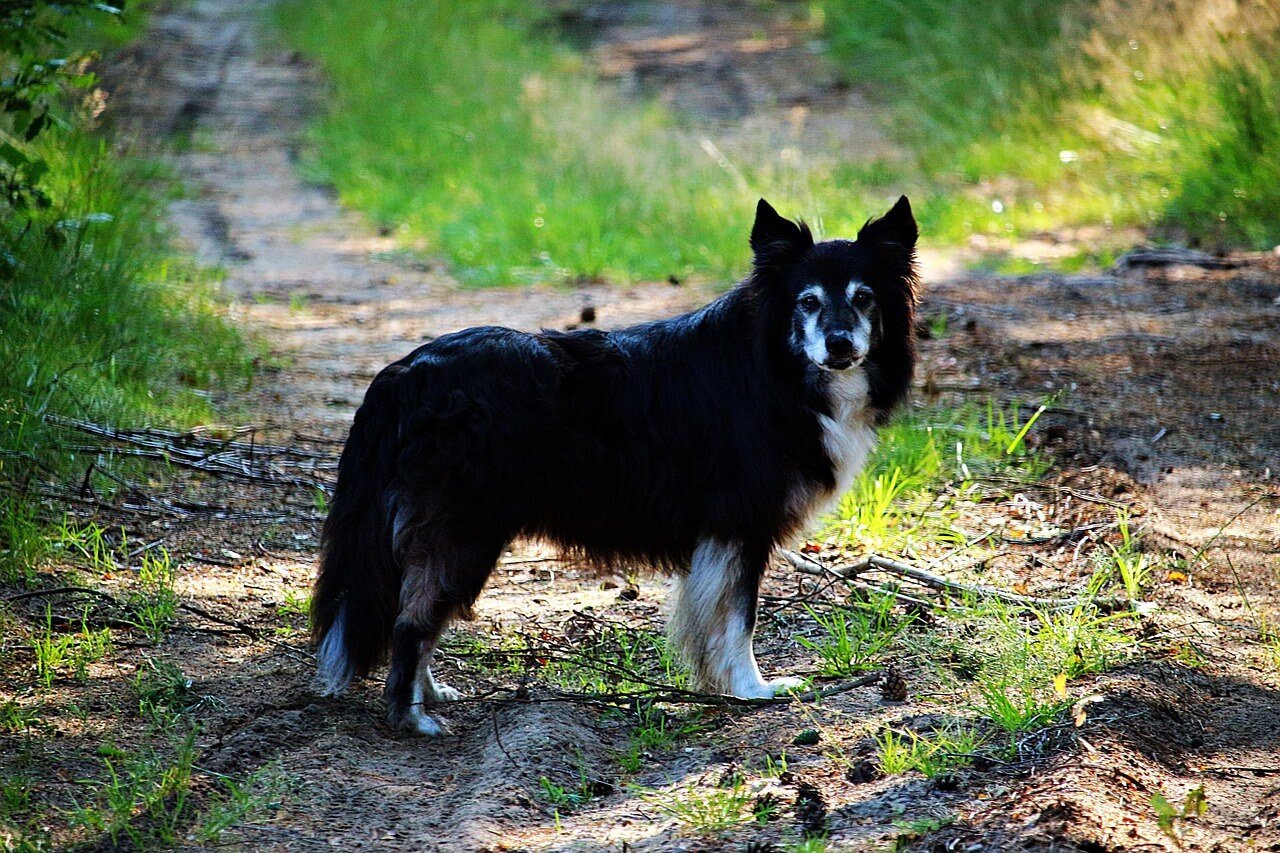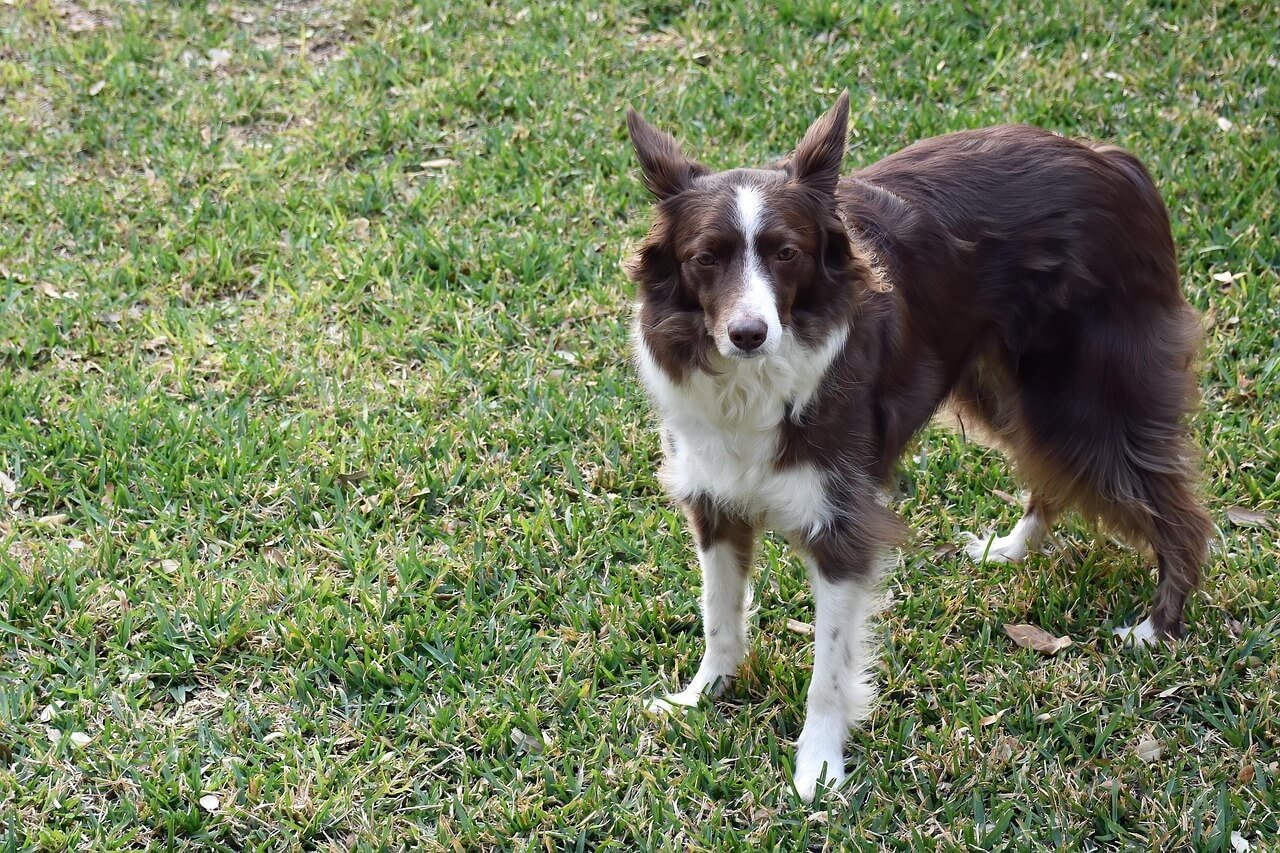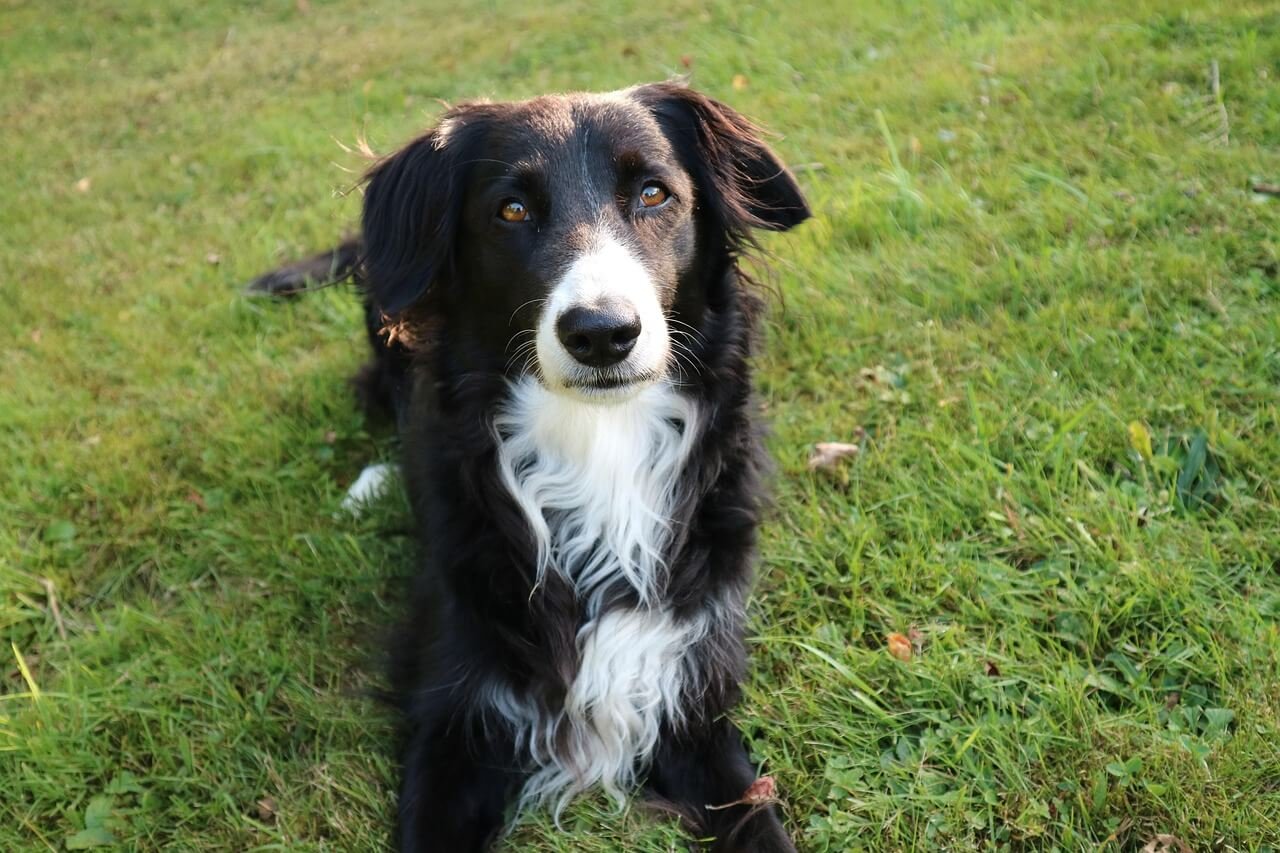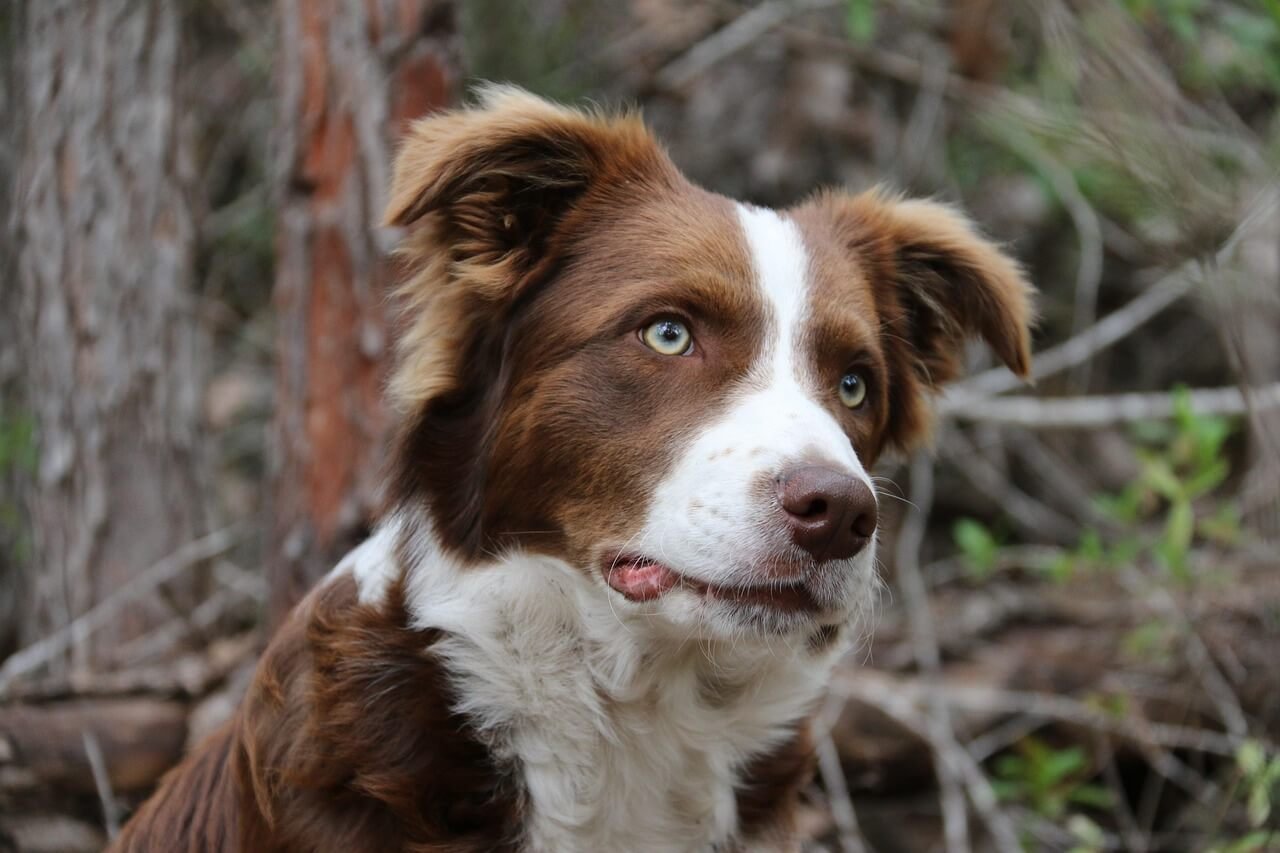Is Cinnamon Bad for Dogs? What Every Pet Owner Should Know
Cinnamon is a popular spice in many households, known for its warm aroma and health benefits for humans. But when it comes to our furry friends, the question arises: is cinnamon bad for dogs ? While cinnamon isn’t inherently toxic to dogs, it’s essential to understand how it affects them and whether it’s safe to include in their diet. In this blog post, we’ll explore the potential risks and benefits of cinnamon for dogs, discuss safe quantities, and provide practical tips to ensure your pet stays healthy. Let’s dive in and uncover everything you need to know about cinnamon and your canine companion.
Potential Risks of Cinnamon for Dogs
While cinnamon can be safe in small amounts, there are certain risks associated with feeding it to dogs. Understanding these risks will help you make informed decisions about your pet’s diet.
Large quantities of cinnamon can irritate a dog’s digestive system, leading to vomiting or diarrhea.
Inhaling cinnamon powder may cause respiratory issues, such as coughing or difficulty breathing.
Cinnamon contains coumarin, a compound that can be toxic to the liver if consumed in excessive amounts.
Certain dogs, especially those with pre-existing health conditions, may be more sensitive to cinnamon.
Artificial cinnamon-flavored products often contain added sugars or harmful ingredients like xylitol, which are dangerous for dogs.
To keep your dog safe, always introduce cinnamon cautiously and avoid giving them access to large amounts or powdered forms.
Benefits of Cinnamon for Dogs (In Moderation)
When used sparingly, cinnamon can offer some health benefits for dogs. However, moderation is key to avoiding adverse effects. Here are some potential advantages:
Cinnamon has anti-inflammatory properties that may help reduce joint pain in dogs with arthritis.
Its antimicrobial qualities can support oral health by combating bacteria in the mouth.
Cinnamon may aid in regulating blood sugar levels, which can benefit diabetic dogs under veterinary supervision.
The spice’s antioxidant properties can contribute to overall immune system support.
Adding a small amount of cinnamon to food can enhance flavor without adding harmful additives.
While these benefits are promising, always consult your veterinarian before incorporating cinnamon into your dog’s diet, especially if they have underlying health issues.
Check this guide 👉Is Sugar Bad for Dogs? Best 7 Health Tips!
Check this guide 👉Is Salt Bad for Dogs? Best 7 Health Tips!
Check this guide 👉Are Onions Bad for Dogs? Best 7 Health Tips!

Safe Ways to Use Cinnamon for Dogs | Unsafe Practices to Avoid |
|---|---|
Sprinkle a tiny pinch on dog food | Giving large amounts at once |
Use ground cinnamon in moderation | Allowing dogs to inhale powder |
Mix with homemade treats (vet-approved) | Feeding artificial cinnamon products |
Monitor for any adverse reactions | Using cinnamon essential oils |
Consult a vet before introducing | Ignoring signs of discomfort |
Signs Your Dog May Have Eaten Too Much Cinnamon
If your dog accidentally consumes a large amount of cinnamon, it’s important to recognize the symptoms of overconsumption. Here are some signs to watch for:
Excessive drooling or foaming at the mouth may indicate irritation in the digestive tract.
Persistent coughing or wheezing could signal respiratory distress from inhaling cinnamon powder.
Vomiting or diarrhea may occur as the body tries to expel the irritant.
Lethargy or weakness can be a sign of toxicity or liver stress.
Loss of appetite might indicate discomfort or an upset stomach.
If you notice any of these symptoms, contact your veterinarian immediately to ensure your dog receives proper care.
Tips for Safely Introducing Cinnamon to Your Dog’s Diet
If you’re considering adding cinnamon to your dog’s diet, it’s crucial to do so safely. Follow these tips to minimize risks and maximize benefits:
Start with a very small amount, such as 1/8 teaspoon, and monitor your dog’s reaction.
Avoid using cinnamon essential oils, as they can be highly concentrated and toxic.
Never give your dog baked goods or processed foods containing cinnamon, as they may have harmful additives.
Choose high-quality, pure ground cinnamon instead of flavored alternatives.
Always check with your veterinarian before making any dietary changes, especially for dogs with allergies or medical conditions.
By following these guidelines, you can safely incorporate cinnamon into your dog’s routine without compromising their health.
Common Myths About Cinnamon and Dogs
There are several misconceptions about cinnamon and its effects on dogs. Let’s debunk some of these myths to help you make informed decisions about your pet’s diet.
Myth: Cinnamon is entirely safe because it’s a natural spice.
Reality: While cinnamon is natural, excessive amounts can still harm your dog’s digestive or respiratory system.
Myth: Cinnamon essential oils are safe for dogs in small doses.
Reality: Essential oils are highly concentrated and can be toxic to dogs, even in minimal amounts.
Myth: Dogs can eat any food containing cinnamon without issue.
Reality: Many cinnamon-flavored foods contain harmful additives like sugar, xylitol, or artificial flavorings.
By separating fact from fiction, you can avoid unnecessary risks and ensure your dog’s safety when it comes to cinnamon.
Alternatives to Cinnamon for Flavoring Dog Treats
If you’re looking to add flavor to your dog’s treats but want to avoid cinnamon, there are plenty of safe alternatives. Here are some options to consider:
Sweet potato puree adds natural sweetness and is packed with nutrients.
Unsweetened applesauce (without added sugars) provides a mild, fruity flavor.
Peanut butter (xylitol-free) is a popular choice for enhancing taste in homemade treats.
Plain yogurt offers a creamy texture and can aid digestion due to its probiotics.
Freshly grated carrots or pumpkin puree add a touch of sweetness and fiber.
These alternatives not only enhance flavor but also provide health benefits, making them excellent choices for your dog’s diet.
How to React If Your Dog Accidentally Eats Cinnamon
Accidents happen, and if your dog accidentally consumes cinnamon, knowing how to react can make all the difference. Here’s what you should do:
Stay calm and assess the situation—note how much cinnamon your dog may have ingested.
Remove any remaining cinnamon or cinnamon-containing items from their reach.
Monitor your dog closely for symptoms like coughing, vomiting, or lethargy.
Offer fresh water to help dilute the cinnamon in their system.
Contact your veterinarian immediately if you notice any concerning signs or suspect toxicity.
Quick and appropriate action can prevent minor incidents from escalating into serious health issues.
Frequently Asked Questions About Cinnamon and Dogs
Is cinnamon toxic to dogs?
Cinnamon is not inherently toxic, but large amounts or improper use can cause harm. Always use it sparingly.
Can dogs eat cinnamon rolls or pastries?
No, these often contain sugars, fats, and artificial ingredients that are unhealthy for dogs.
How much cinnamon is safe for dogs?
A tiny pinch, such as 1/8 teaspoon, is generally safe for most dogs, but consult your vet first.
What should I do if my dog eats a lot of cinnamon?
Monitor for symptoms like vomiting or coughing and contact your veterinarian promptly.
Are there any dogs that should avoid cinnamon?
Dogs with liver issues, respiratory problems, or sensitivities should avoid cinnamon entirely.
Final Thoughts: Keeping Your Dog Safe Around Cinnamon
Cinnamon can be a safe and even beneficial addition to your dog’s diet when used responsibly. However, it’s crucial to remember that moderation is key, and not all dogs will tolerate it well. By understanding the potential risks and benefits, monitoring your dog’s reactions, and consulting your veterinarian, you can ensure your furry friend stays healthy and happy. Whether you’re baking homemade treats or simply curious about spices, always prioritize your dog’s well-being above all else. With the right precautions, you can enjoy peace of mind while sharing a little cinnamon love with your pup!
Understanding Scabs in Dogs Ears: Best 7 Tips! Learn how to identify, treat, and prevent scabs in your dog’s ears for optimal ear health.
Is Cinnamon Bad for Dogs? Best 7 Health Tips! Discover safe ways to use cinnamon, risks to avoid, and expert advice to keep your dog healthy.
Can Dogs Get Pneumonia from Humans? Best 7 Tips! Learn how to protect your dog, understand transmission risks, and ensure their respiratory health.
Can Dog Urine Make You Sick? Best 7 Health Tips! Learn how to stay safe, prevent illness, and handle exposure to dog urine effectively.




